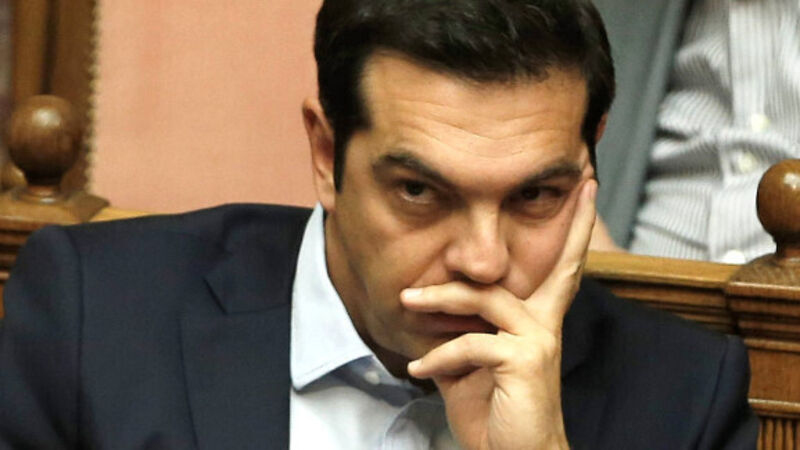ECB pushes Greece closer to euro exit

The signals from the politicians were not very positive either as German chancellor Angela Merkel said the latest moves by Greece were not enough.
Grexit could take a further step forward in Brussels today at an emergency meeting of eurozone finance ministers followed by a meeting of the leaders of the 19 countries that use the euro.













